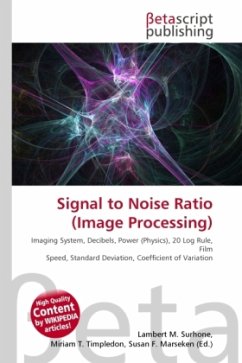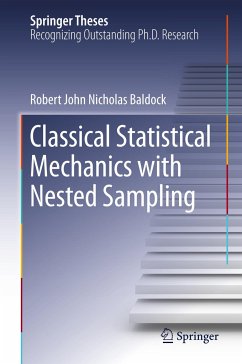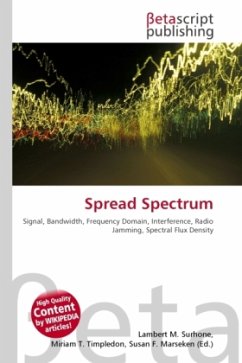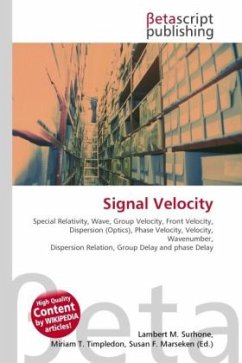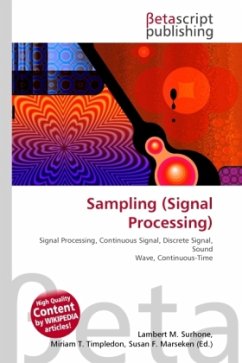
Sampling (Signal Processing)
Versandkostenfrei!
Versandfertig in 6-10 Tagen
19,99 €
inkl. MwSt.

PAYBACK Punkte
10 °P sammeln!
High Quality Content by WIKIPEDIA articles! In signal processing, sampling is the reduction of a continuous signal to a discrete signal. A common example is the conversion of a sound wave (a continuous-time signal) to a sequence of samples (a discrete-time signal). A sample refers to a value or set of values at a point in time and/or space. A sampler is a subsystem or operation that extracts samples from a continuous signal. A theoretical ideal sampler produces samples equivalent to the instantaneous value of the continuous signal at the desired points. For convenience, we will discuss signals...
High Quality Content by WIKIPEDIA articles! In signal processing, sampling is the reduction of a continuous signal to a discrete signal. A common example is the conversion of a sound wave (a continuous-time signal) to a sequence of samples (a discrete-time signal). A sample refers to a value or set of values at a point in time and/or space. A sampler is a subsystem or operation that extracts samples from a continuous signal. A theoretical ideal sampler produces samples equivalent to the instantaneous value of the continuous signal at the desired points. For convenience, we will discuss signals which vary with time. However, the same results can be applied to signals varying in space or in any other dimension and similar results are obtained in two or more dimensions.






